WARC’s Genevieve Silk looks at winning campaigns from the Cannes Creative Strategy Lions that sought to support women around the world and strive for a more gender-equal future.
This year’s Cannes Creative Strategy Lions were brimming with campaigns that sought to be the change they wanted to see in the world. From highlighting the convenience and efficiency of electric vehicles in France, to standing in solidarity with the LGBT+ community in Brazil, the awards were bursting with strategies to create a better future for all.
Five campaigns, in particular, stood out as being part of a global initiative to make the world a better place for women, be it by empowering them to take control of their own bodies and healthcare, raising awareness of misogyny and violence against women, or challenging the toxic standards of the female-focused beauty industry.
Turning a taboo into a teaching moment
Breast cancer is the third leading cause of death among women in the Middle East, yet talking about it is as taboo a topic as openly discussing one’s underwear. Early breast cancer detection results in a 99% chance of survival, yet 40% of Arab women had never attended a mammogram screening and 60% had never performed a breast cancer self-check. Lingerie brand K-Lynn rose to the challenge with its Self-Check Out campaign and demonstrated how to perform a self-check in a way that was sensitive to the Middle East’s modest culture by tapping into the popular hobby of online window shopping.
K-Lynn transformed conventional lingerie poses on e-commerce platforms into step-by-step instructions on how to check for breast cancer, thereby turning browsing for underwear online into a potentially life-saving experience for every shopper. The campaign, through Leo Burnett Dubai, reached 55% of female shoppers, and affiliated clinics reported a 47% increase in mammogram screenings.
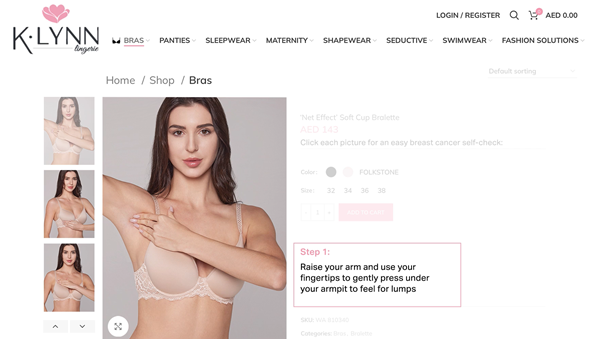
Preventing period censorship
Another taboo deeply entrenched in another part of the world regards menstruation in India. Nearly three quarters of Indian girls know nothing about periods until they start, and menstruation is seen as a sign of shame, disease and death. Despite half of India’s population experiencing menstruation, the subject remains secret, with the chapter on menstruation even being removed from school textbooks in the 1950s and never replaced. Period product brand Whisper was determined to reverse generations of prejudice and educate girls about their bodies.
Calling on the Missing Chapter to be reintroduced, Whisper released a film showing girls boldly reading the chapter in school and pledged to fund a girl’s period education and pads with every pack of Whisper sold. Working with Leo Burnett Mumbai, Whisper expanded its education programme to over 750,000 schools, reaching over 61 million girls, and key state governments committed to reinstating the missing chapter in textbooks.
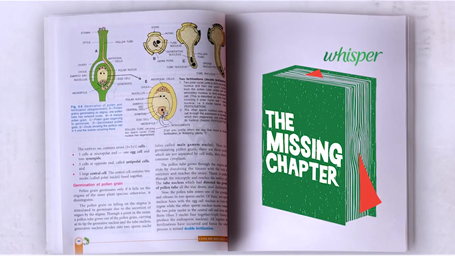
Thinking outside the border
For women, managing their reproductive health is not just about period education, it also includes them being able to make decisions about when and if they get pregnant. Honduras banned the morning after pill in 2009, resulting in 25% of Honduran girls becoming pregnant before the age of 18. Women’s rights NGO Grupo Estratégico PAE was determined to put pressure on the government to overturn its draconian law regarding emergency contraception and needed a strategy that was outside the box… or rather, outside the country’s border.
Thus, Morning After Island was born – a floating platform anchored in international waters just beyond Honduras’ jurisdiction, where women could take the morning after pill legally and safely. Through Ogilvy Honduras, Grupo Estratégico PAE shared the stories of the courageous women who used the platform and called on the public to sign a petition demanding the government repeal the ban. As a result, Honduras honoured International Women’s Day 2023 by fully legalising the morning after pill and giving many Honduran girls the option of a life outside motherhood.
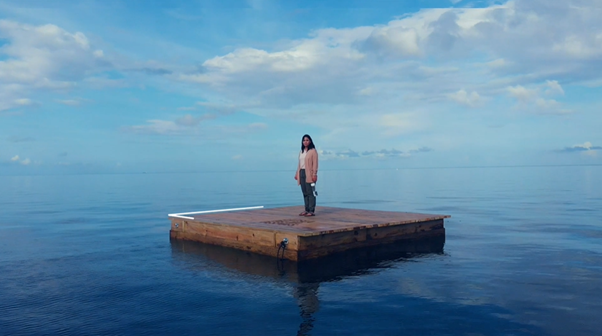
Shifting responsibility
Far too often the onus is placed on women to modify their behaviour to avoid unwanted, and often predatory, attention from men. The Have A Word campaign, run by the Mayor of London, through Ogilvy London, devised a strategy to tackle the root cause of male violence against women and call on men to challenge everyday misogyny in the UK by encouraging them to denounce catcalling, street harassment and “harmless banter” which are often a precursor to violence.
Mayor of London shifted the responsibility from women to men with a gritty film designed to trigger a feeling of discomfort in viewers, whatever their gender. The film ends with simple yet powerful call to action, encouraging men everywhere to refuse to be passive bystanders when witnessing misogynistic behaviour. The campaign resonated deeply with its target audience, with 85% of men who saw the campaign saying they would call out misogyny, and all schools across London adding it to their curriculum.
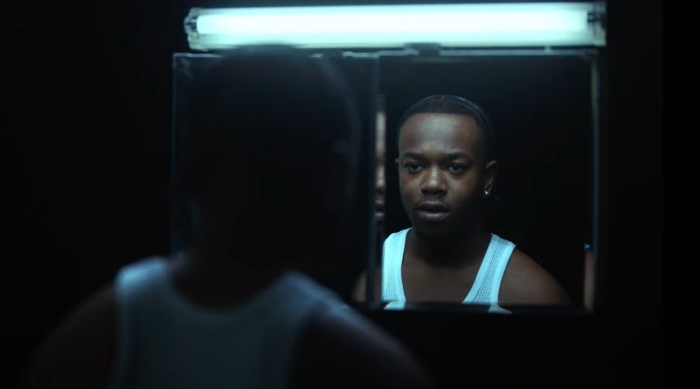
Reversing beauty standards
In a world filled with increasingly subtle social media filters that can seamlessly even skin tone, brighten eyes and even change people’s features, we are surrounded by the idea of the “perfect face” from an ever-younger age. This façade of perfection erodes our self-esteem, resulting in 80% of girls aged 13 and older retouching selfies before posting them on social media, and the constant pressure to look immaculate online has led to a worrying rise in cosmetic surgery and an increase in teen suicide. Beauty brand Dove knew it needed to act!
In an effort to highlight the damage that retouching apps can do to teenagers’ self-esteem, Dove released its Reverse Selfie campaign, through Ogilvy London, with a film starring ordinary teenage girls and showing the process of editing a selfie in reverse. The campaign generated 6bn global impressions and increased people’s understanding of Dove as a brand that inspires women to feel positive about the way they look.
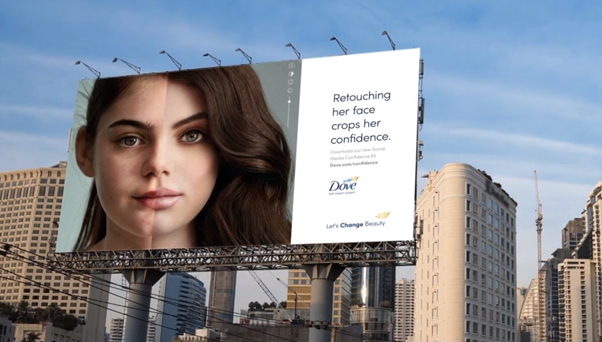
Closing the gap
The Global Gender Gap Report, which annually measures the current state of gender equality in terms of economic participation, education, health and political empowerment, revealed that the global gender gap has reduced by 0.3% compared to 2022. While this is undoubtedly progress, it is estimated that it will take another 131 years to close the overall gender gap. This is far too long!
Initiatives like K-Lynn’s Self-Check Out and Whisper’s The Missing Chapter, that pave the way to better healthcare and education for women, are an important part of our collective journey to a more equal future. We still have a long way to go, but hopefully more and more brands will devise their own strategies to make the future a more equal place to live.

